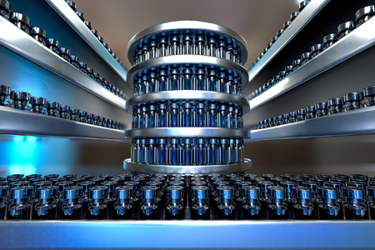Analyzing COVID-19 Vaccine Purity Using LC-MS Technologies

This content is brought to you by SCIEX, a Danaher Operating Company.
Preparedness against pandemic diseases demands rapid-response vaccine technology and ready-to-use analytical methods to support CMC activities. Consistency of the manufacturing process and batch comparability are of key importance to provide a pure and safe product during process scale-up and implementation at multiple manufacturing sites. Process-related impurity assays for pandemic vaccines should therefore ideally be a) directly applicable without long assay development time, b) generic for common manufacturing processes and vaccine types and c) reproducible to provide consistent impurity measurements over time and across laboratories to support CMC activities. Here, we present results and learnings from liquid chromatography-mass spectrometry (LC-MS) analyses of several mRNA- and protein-based vaccines for COVID-19. The results include identification and quantification of host cell proteins (HCPs) and comparison of HCP profiles in marketed COVID-19 vaccines and those under development. We have found that the product purity and HCP profiles vary substantially between marketed COVID-19 vaccines.
Learning Objectives
- Why process-related impurities are a concern in vaccines
- Analysis of process-related impurities in complex vaccine products
- Reproducible quantification of vaccine proteins using LC-MS
- Advantages of LC-MS when no HCP-ELISA is available
Get unlimited access to:
Enter your credentials below to log in. Not yet a member of Advancing RNA? Subscribe today.
